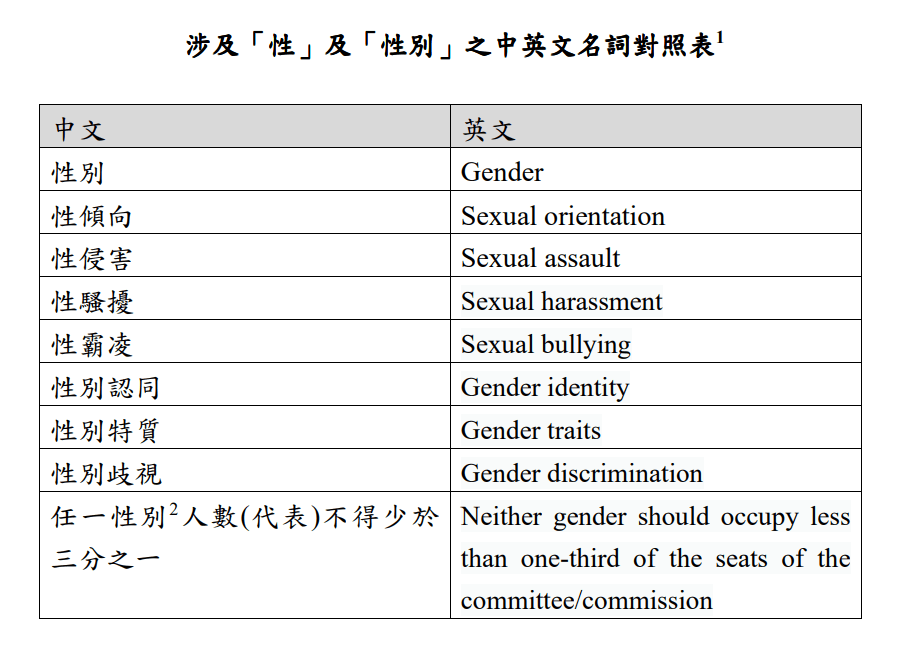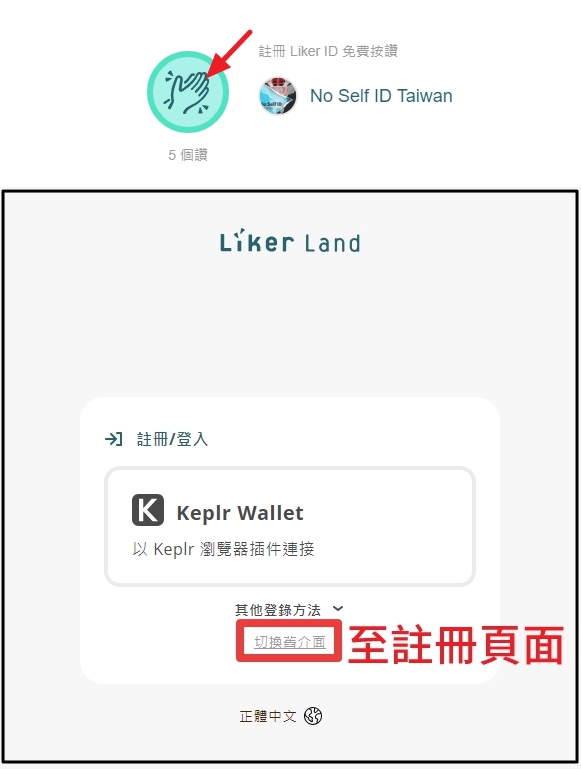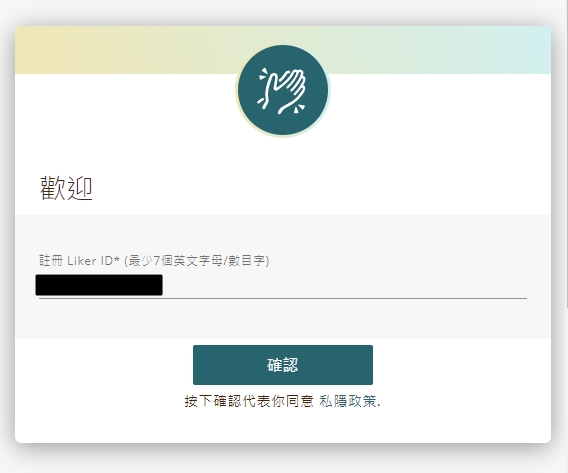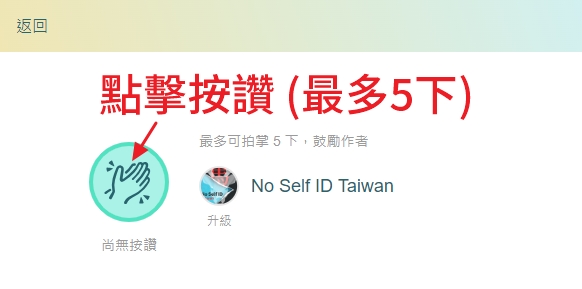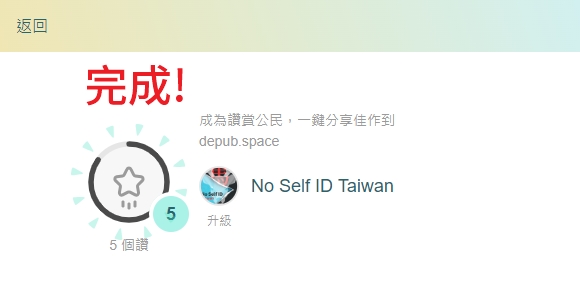Taiwan’s Gender Recognition Legislation
See FAQ: The Timeline of Taiwan’s Gender Recognition Legislation 。
The “Convention on the Elimination of All Forms of Discrimination against Women (CDEAW)”
Introduction
In 1979, the “Convention on the Elimination of All Forms of Discrimination against Women (CEDAW)” was passed in the United Nations General Assembly. In 1981, this treaty began to take effect. It has clearly stated that men and women share equal rights over economy, society, culture, citizenship, and politics. It also has required the nations of ratification for the making of laws and every appropriate procedure of the elimination of all forms of discrimination against women, e.g. education, employment, health care, family, politics, laws, society, economy, etc.
To achieve gender equality, the R.O.C. (Taiwan) ratified the CEDAW with the Legislative Yuan’s agreement on 5 Jan. 2007 and the president’s approval on 9 Feb. 2007. Also, the Act to Implement the CEDAW was passed on third reading in the Legislative Yuan on 20 May 2011. It was announced by the president on 8 June 2011. It began to take effect on 1 Jan. 2012.
The CEDAW requires private and public organizations at all levels for the related institution and legislation. It also requires for the following plans, promotion, and implement. According to it, Taiwan’s government has to submit a report to the United Nations Secretary-General every 4 years. Meanwhile, our government has to invite the scholars, experts, and NGOs contributing to the related issues to review the report.
For the full text of the CEDAW, see:
Article I describes the CEDAW’s purpose of statute:
- Article I
- For the purposes of the present Convention, the term “discrimination against women” shall mean any distinction, exclusion or restriction made on the basis of sex which has the effect or purpose of impairing or nullifying the recognition, enjoyment or exercise by women, irrespective of their marital status, on a basis of equality of men and women, of human rights and fundamental freedoms in the political, economic, social, cultural, civil or any other.
The Controversy in Taiwan’s Reports on the Implementation of CEDAW: The Lost in Translation of “Sex” and “Gender” from English to Chinese
The introduction below was written by K, the writer of this page:
Gender self-identification, refers to “one’s self gender identity which is recognized by the society and the nation from every aspect”. Overthrowing the sex-based institutions and laws and replacing sex with gender are the long-term goal of trans rights activists (TRAs).
My view is that, the Gender Recognition Act (GRA) rolled out by TRAs, is not only about the minority of trans-identified people but also about the definitions of “female” and “male” in laws. Further, this Act will influence every right which is related to one’s “sex” and “gender”.
In fact, after “sex” and “gender” were obfuscated by the trans rights movement, we could see the severe impacts and consequences in the nations applying gender self-identification.
That is why women, the half of population which are influenced by “the Gender Recognition Act”, must pay attention to the related policies.
In Taiwan, “sex” and “gender” are usually translated into the same Chinese word, “性別”. As a result, a number of similar controversies over those legal terms already happened in Taiwan’s reports on the implementation of CEDAW. Below is my review of those events:
2018
In Taiwan’s second report on the implementation of CEDAW, the international review committee (IRC) pointed out that the differences between “sex” and “gender” would be lost in Chinese translations:
- 10.
- The IRC is concerned with the inappropriate conceptual and practical use of the terms “sex” and “gender” in Taiwan. In the CEDAW jurisprudence the Convention refers to sexbased discrimination, but also covers gender-based discrimination against women. The term “sex” refers to biological differences between men and women. The term “gender” refers to socially constructed identities, attributes and roles for women and men and society’s social and cultural meaning for these biological differences resulting in hierarchical relationships between women and men and in the distribution of power and rights favoring men and disadvantaging women.
- 11.
- The IRC recommends the Government to align all the legislative texts and policy documents and promote the correct and consistent understanding of the terms “sex” and “gender” in line with CEDAW Convention and the Committee’s General Recommendation No. 28.
2021
In the draft of “Taiwan’s fourth report on the implementation of CEDAW”, the Executive Yuan’s Department of Gender Equality (DGE) attempted to examine the differences “between 生理性別 (sex) and 社會性別 (gender)” proposed in the third report. The Department also organized a professional conference to approve a comparison table in English and Chinese.
- According to 2020 professional conference held by our department and experts, sex and gender are included in the Chinese word, “性別”. Therefore, there is no need to correct related legal terms in Chinese. Instead, the correctness of our English translation of the related laws has to be reviewed.
- Below is the comparison table of “性 (sex)” and “性別 (gender)” in English and Chinese.
Source: File
In the forum, the department also said:
- Under the framework of the CEDAW, sex and gender are divided within the context of English. However, sex and gender are combined in one Chinese word, “性別”, within the Chinese context. Those two English words are divided in few areas, for example, medical cares for organs and bodies. In other words, the distinctions between sex and gender are blurred not only within the context of Chinese but also in most areas.
- As for the Chinese translation draft of sex and gender, it was produced by a translation company. That was done in a short period. That is why we revised the draft with some experts and adopted the UN’s Chinese translation. In fact, 性 (sex) and 性別 (gender) are as the same as 生理性別 (sex) and 社會性別 (gender).
However, the DGE’s comparison table does not reflect the reality. The Chinese translation, “性別 (gender [differences])”, is an oversimplification of another Chinese translation, “社會性別 ([social constructed] gender)”. Furthermore, if “sex” and “gender” are not divided within the context of Chinese, then the translations of both should be more precise in order to avoid any obfuscation.
According to the UN’s “General recommendation No. 28 on the core obligations of States parties under article 2 of the CEDAW”, the 4th and 5th points already describe the differences between sex and gender: Women suffer from discriminations against not only their “生理性別 (sex)” but also their “社會角色 (gender [role])” derived from their bodies.
- 4.
- The objective of the Convention is the elimination of all forms of discrimination against women on the basis of sex. It guarantees women the equal recognition, enjoyment and exercise of all human rights and fundamental freedoms in the political, economic, social, cultural, civil, domestic or any other field, irrespective of their marital status, and on a basis of equality with men.
- 5.
- Although the Convention only refers to sex-based discrimination, interpreting article 1 together with articles 2 (f) and 5 (a) indicates that the Convention covers gender-based discrimination against women.
In the forum, NGOs also criticized:
At the DGE’s last conference, those NGOs and trans women who pointed out that the differences between “sex” and “gender” were not included. The written advice provided by the Ministry of Education’s Academic Terminology Committee (ATC) was not adopted, either. (According to which, gender should be translated into 心理性別/ 社會性別 whereas sex should be 生理性別.) The DGE has proved that the Chinese word, “性別”, is translated into sex or gender within specific contexts. Vice versa, we should put both English words as the translation of “性別” in this comparison table.
| Chinese | English (translated by the DGE) | Advice (provided by the ATC) |
|---|---|---|
| 性別 | Gender | Gender (心理性別/社會性別) Sex (生理性別) |
| 性傾向 | Sexual orientation | Sexual orientation |
| 性侵害 | Sexual assault | Sexual assault |
| 性騷擾 | Sexual harassment | Sexual harassment |
| 性霸凌 | Sexual bullying | Sexual bullying |
| 性別認同 | Gender identity | Gender identity |
| 性別特質 | Gender traits | Sex trait(s)/characteristic(s) (生理) Gender trait(s)/characteristic(s) (心理) |
| 性別歧視 | Gender discrimination | Sex-based discrimination; sex discrimination (對生理性別的歧視) Gender-based discrimination; gender discrimination (對心理/社會性別的歧視) |
| 任一性別人數 (代表) 不得少於 三分之一 | Neither gender should occupy less than one-third of the seats of the committee/commission | Members of each sex shall constitute no less than one-third of the membership of the committee/commission. |
The IRC’s differences “between sex and gender” were lost in the DGE’s comparison table of translations. In laws and official documents, every Chinese word about 性別 were translated into “gender”. Namely, the meaning of sex in Chinese was eliminated. This act violated the principles of CEDAW even if ignored the IRC’s advice provided in Taiwan’s third report on the implementation of CEDAW.
If the definitions of the term (性別/ sex and gender) need to be changed for policies and laws, a fair and open discussion should be held. The stakeholders and experts’ opinions on these issues should be heard. Teachers, parents, the IRC, and the ATC’s opinions should be included, too.
As always, the Chinese word, “性別”, refers to sex in every daily document. Within the context of Chinese, “性/別” refers to the distinction between sexes. Thus, “性別” is “生理性別 (sex)”. Gender is a new idea to us. According to the CEDAW, gender [role] is a social norm derived from one’s sex. Therefore, the correct translation of gender should be “社會性別”.
The obfuscation of sex and gender in the Chinese translation, “性別”, already caused controversies. I suggest our government to face this problem. Take “transgender people’s request for the GRA” as an example, the controversy was caused by different interpretations on “性別 (the marker)” of one’s ID card. Originally, it was a sex marker due to the requirement for a sex reassignment surgery. However, if it is a gender marker, it will be one’s self-identified gender. When the interpretations are different, conflicts are unavoidable. As I have emphasized, if we cannot define what “性別” is, our laws and lives will be full of chaos.
Once “性別” is translated into two totally different English words (meanings) without a clear distinction for laws, different interpretations will be made. In this case, it is predictable that more controversies over the GRA will arouse before too long. I beg the Executive Yuan to rethink the results of it.
